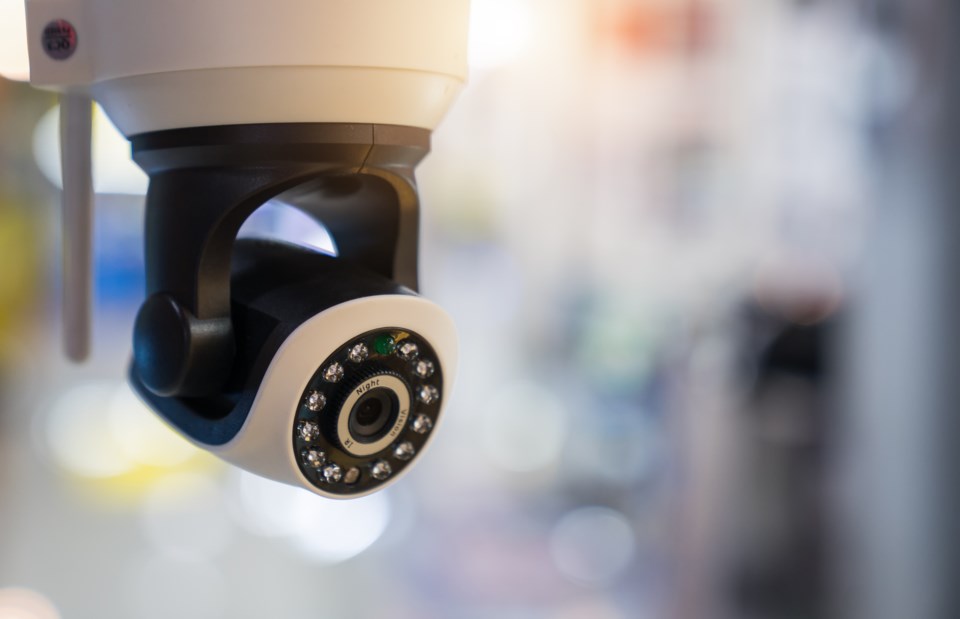Flin Flon’s city council may offer residents a tax credit if they buy and use home security cameras, hoping the measure will help curb community crime.
The measure was first publicly announced during council’s May 16 meeting, with council approving an application process for Flin Flon taxpayers. The measure, if fully instituted, would provide a one-time offsetting tax credit worth about $150, applied to the resident’s property taxes, to buy and install a home security camera. Applicants will need to provide the City with proof of a camera’s purchase and installation to receive the credit.
Councillors said the measure came as a result of a meeting of the City’s cross-agency community safety committee, where members of Flin Flon RCMP told members of a recent crime that had been solved in part using home security camera footage.
“It was at a recent safety committee meeting where councillors learned that speedy arrests were made by Flin Flon RCMP, whose investigation was greatly aided by various residents’ security camera footage in a particular neighbourhood,” said councillor Mike Slipp.
“We look forward to meeting with local organizations in this effort. To those who say these problems exist everywhere, we say that positive progress can be made by working together as individual citizens and organizations.”
The cross-agency community safety committee, officially named the Neighbours of the North Community and Public Safety committee, is made up of members from city council, police from both Flin Flon and Creighton RCMP detachments, representatives from Creighton and Denare Beach councils, the Flin Flon Aboriginal Friendship Centre, the Flin Flon chapter of the Manitoba Metis Federation, Northern Health Region, Flin Flon School Division, Flin Flon and District Chamber of Commerce, Play it Safer Network and other groups. Councillors Judy Eagle and Steve Lytwyn also represent city council on the committee, but other council members have also attended the meetings.
“The safety committee will hold regular meetings in council chambers to serve as a hub for information, sharing to identify needs and offer support and address needs where possible,” said Slipp.
“Many organizations thinking and working together is key to the health and safety of our citizens in our three northern communities. We're so very connected in every regard.”




